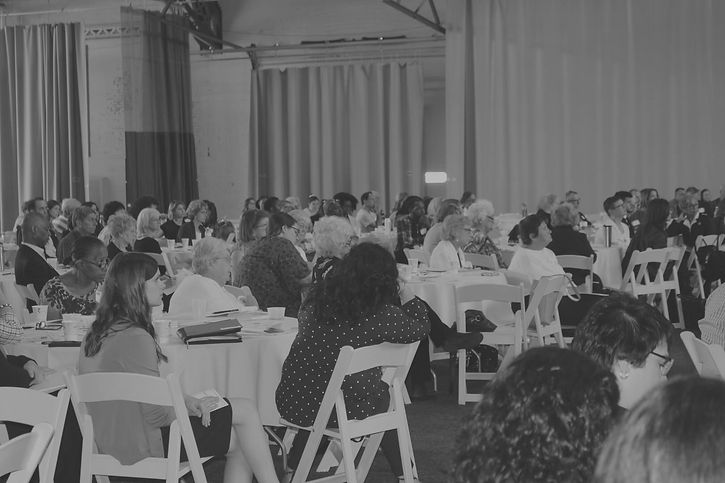

Wednesday, June 12th 2024
(130 New Scotland Ave, Albany, NY 12208) & Virtual
Jalal Sabur
Sweet Freedom Farm

In 2010, Jalal began farming with Wassaic Community Farm – growing produce for farmers markets while running a Community Supported Agriculture (CSA) program and gleaning project. While at Wassaic Community Farm Jalal co-founded the Freedom Food Alliance and the Victory Bus Project. The Freedom Food Alliance is a collective of small rural and urban farmers, activists, artists, community folks and political prisoners who use food as an organizing tool. The Alliance founded the Victory Bus Project to connect urban and rural communities and to support families of prisoners by providing transportation (along with a box of farm-fresh food) for folks visiting prisoners in the Hudson Valley. In 2013, Jalal started Sweet Freedom Farm in Germantown, NY, to continue the work of the Alliance. Sweet Freedom Farm is growing and distributing vegetables, grains, herbs, and maple syrup, prioritizing the folks affected by the incarceration system. Sweet Freedom is also a training site for young BIPOC farmers, a gathering space for partnering projects in the alliance, and building a Grow Food, Not Prison movement
Speaking In:
QT*BIPOC-led Food Supply Chains: Disrupting Racism in NYS Food Systems
In recent years, it has become clear that systematic racism has a negative impact on New York’s agriculture and food systems. In New York, nearly 97.7% of producers reporting full ownership of farm operations identify as white. As a result, of New York’s 57,865 farmers, only 1.2% are Queer and Trans and Black, Indigenous and other farmers of color (QT*BIPOC). White farmers are also the only demographic group with an average size, net cash farm income, and farm-related income higher than the state average of $42,875, according to the 2017 Census of Agriculture. Additionally, diet-related diseases are the leading cause of death in Black, Indigenous, and other communities of color in NY in the last two decades. Thus, a disconnect between culturally appropriate food produced by the farmers with the ancestral knowledge of those crops and its accessibility, both physically and economically, has decreased food and nutrition security, rural economic development, and environmental sustainability. In this panel, we will learn more about the collaborative approaches and partnerships developed by emergents QT*BIPOC-led food supply chains grounded in solidarity economy and food sovereignty.
3:00 p.m.
Froman 101

Wednesday, June 12th 2024
(130 New Scotland Ave, Albany, NY 12208) & Virtual













